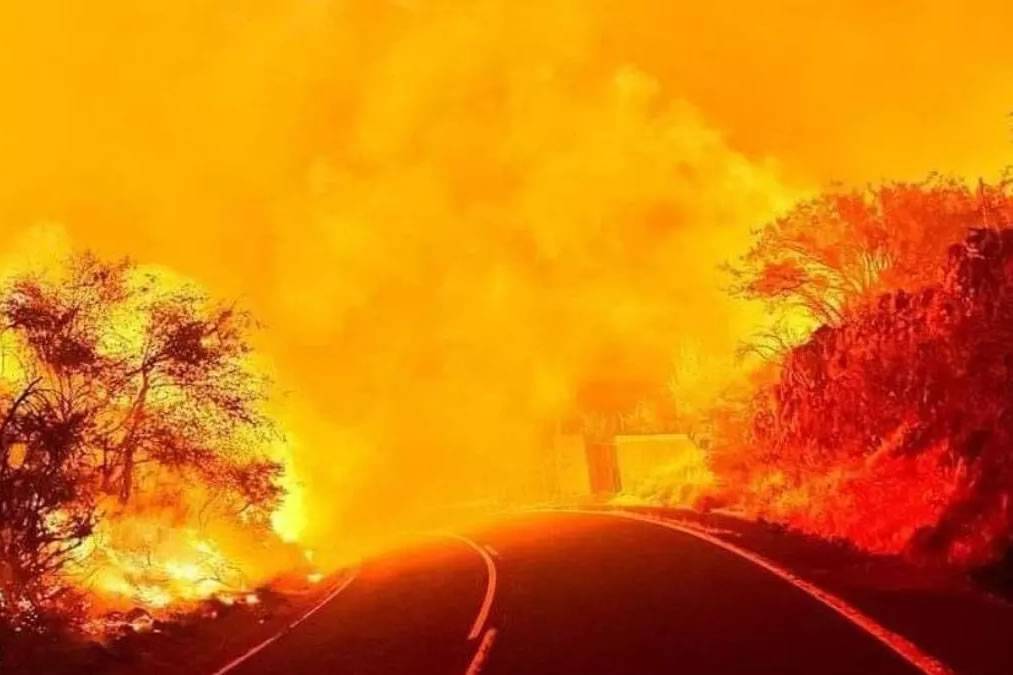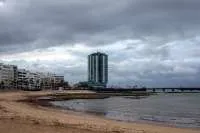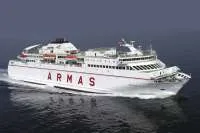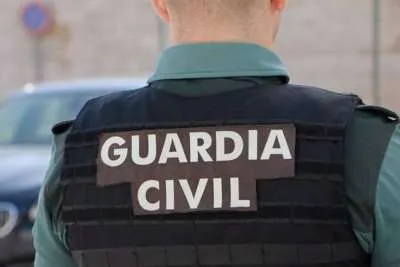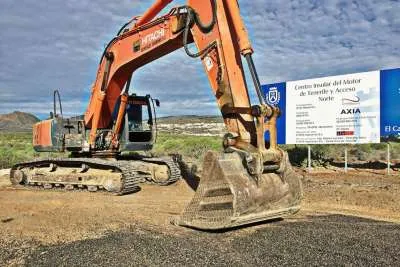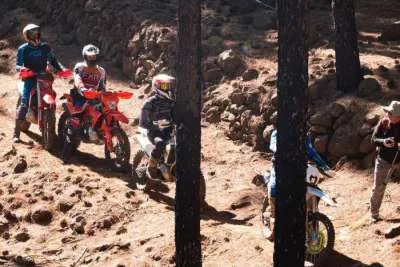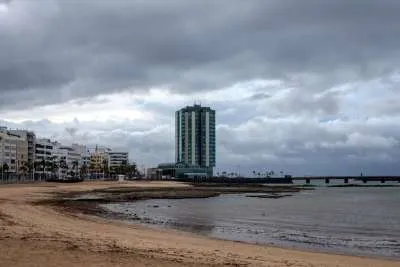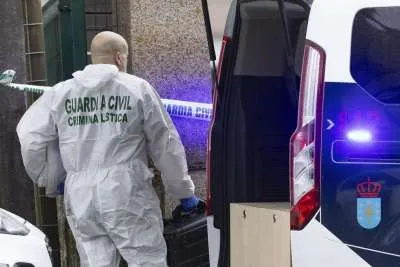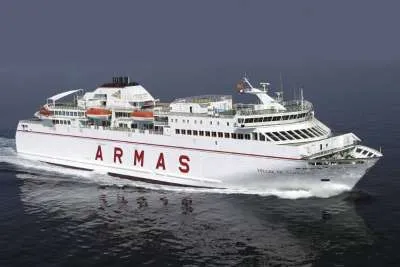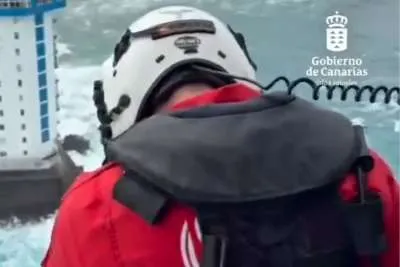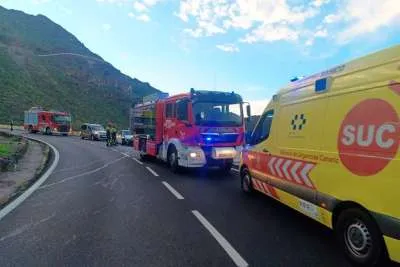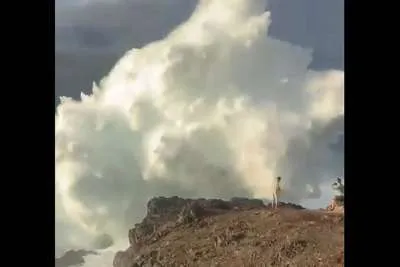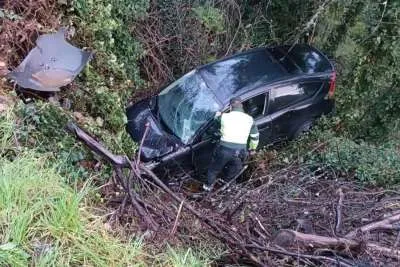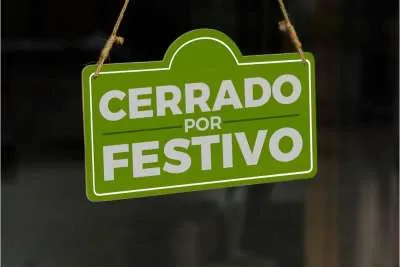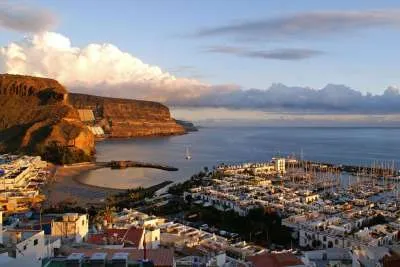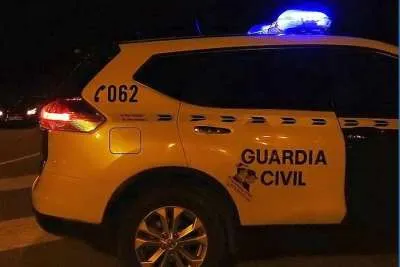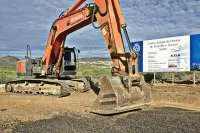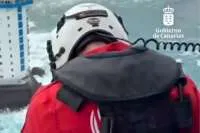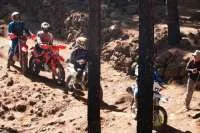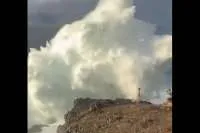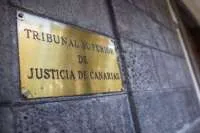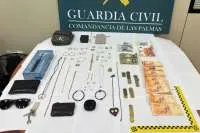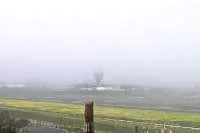Experts warn that ‘the worst fires are yet to come’ in the Canary Islands
- 30-08-2023
- National
- Canarian Weekly
- Photo Credit: Efe
Over 5,000 professionals in fields such as forestry, agriculture, veterinary sciences, and livestock from the Canary Islands, have endorsed a manifesto that forewarns of the looming threat of catastrophic fires. The manifesto, released today (Wednesday) by the Spanish Association of Forest Professionals (PROFOR), declares that the Canary Islands are a "tinderbox exposed to mega forest fires that could erupt simultaneously on multiple islands."
The manifesto underscores that "the worst" of the fires in the Canary Islands are yet to come. According to the association, this is a "threat that looms larger with each passing year" and necessitates "a new territorial model that safeguards our biodiversity. It's not just about more planes and helicopters; it's about a more profound change."
Recalling the predictions made by experts four years ago, during the major fires in Gran Canaria, the manifesto emphasizes that the situation was expected to "repeat itself" and that "conditions could worsen," as seen with the recent Tenerife fire.
In that incident, the homes of over 9,000 people were directly threatened by a 9,500-hectare fire. This stands in contrast to the ongoing uncontrolled fire in Tenerife, which has affected more than 14,000 hectares and impacted around 12,500 people.
Despite this, the manifesto insists that "the worst is yet to come if we do not act rigorously and swiftly, as we have not yet confronted the worst possible scenario."
Experts highlight that in the Tenerife fire, "meteorological conditions, while not favourable, could have been even more complex, with stronger winds and faster propagation." They also note that the situation could have involved multiple simultaneous fires, either within Tenerife, across other islands, or even at the national level, which "would have hindered the availability of the vast number of resources, aerial means, and personnel that were deployed."
"This apocalyptic scenario cannot be dismissed, as shown by the experiences of other countries like the United States, Canada, or Greece. Our territorial model is causing a constant increase in vegetative fuel across the landscape, coupled with favourable climatic conditions in the Canary Islands that are amplified by climate change. This creates the perfect cocktail for the development of large forest fires," states the manifesto.
Experts suggest the creation of a 'mosaic landscape,' wherein different land uses are intertwined and the accumulation of available combustible materials is limited. In this model, agricultural practices and extensive livestock farming play a "crucial role."
To facilitate this, they recommend payments for environmental services, meaning establishing contracts with agricultural, livestock, or forestry enterprises to pay them an annual income in exchange for maintaining their lands in production and adopting sustainable practices that benefit biodiversity. One such measure is currently being implemented in Gran Canaria through the Gran Canaria Pastorea Program.
The experts conclude that "it's not enough to intersperse less flammable structures with agricultural use." They stress the need to promote productive models that aid the biodiversity's regenerative capacity, and help natural and semi-natural ecosystems adapt to future climate scenarios.
Other articles that may interest you...
Trending
Most Read Articles
Featured Videos
TributoFest: Michael Buble promo 14.02.2026
- 30-01-2026
TEAs 2025 Highlights
- 17-11-2025


